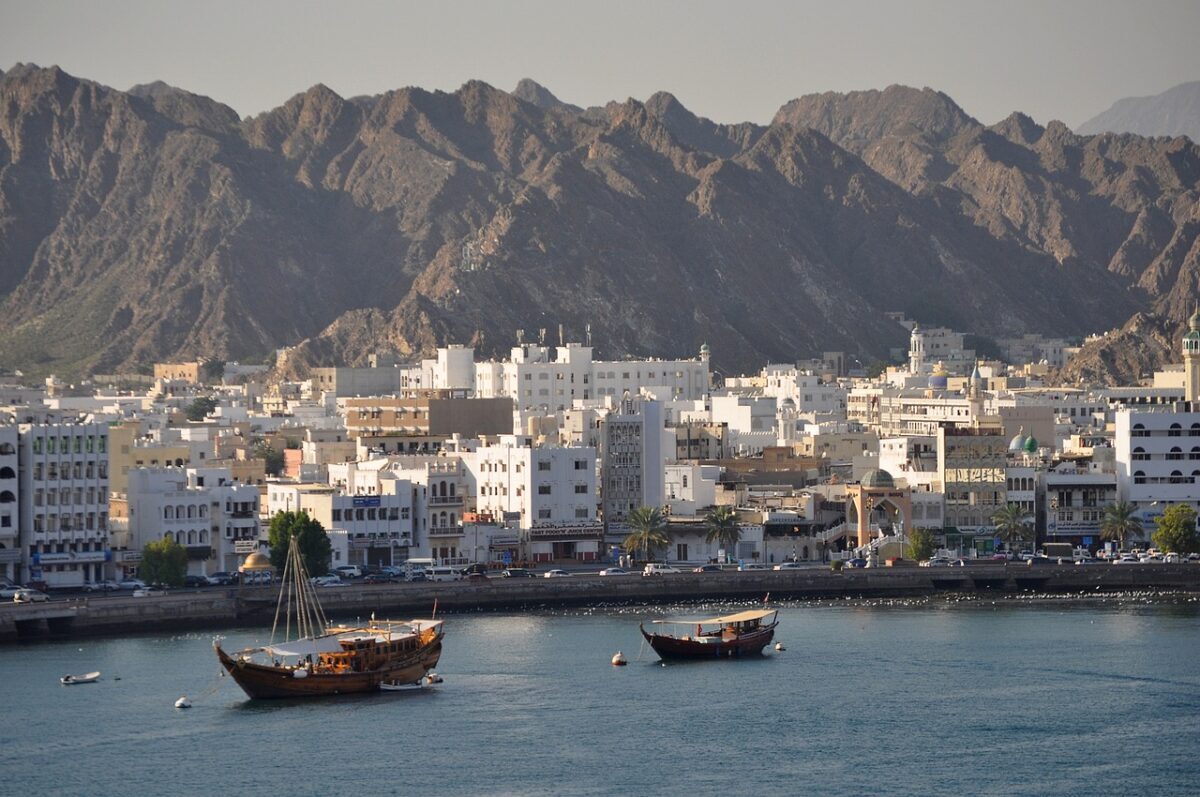How Oman Looks to Grow Tourism: No Mega-Hotels Here

Skift Take
Tourism in the Middle Eastern country of Oman is improving. The Gulf nation was hit hard by Covid and had long struggled to recoup its tourism sector. But government measures are helping.
Unlike the UAE and Saudi Arabia, Oman has largely stayed away from giga-projects and mega-hotels to spark tourism. Instead, the country focuses heavily on its heritage sector to boost travel, as well as its natural environment.
The country aims to increase the tourism sector’s contribution to 10% of the gross domestic product (GDP) by 2040. Oman also plans to attract 11.7 million tourists by 2040. To achieve these goals, the country is looking to attract more than $51 billion in investment.
Here are the latest tourism figures:
- 767,900 visitors year-to-date by April 2024 compared to 668,168 up to the same point last year.
- Revenues from three- to five-star hotels rose 10.7% to $242 million.
- Hotel occupancy increased by 7%.
- Around 4.3 million tourists visited Oman last year.
Oman's Tourism Drives
One key development in Oman recently has been the extension of its 'Khareef' season. Khareef is the monsoon season in Oman, and an important period in the tourism calendar as temperatures drop and travelers flock to cooler parts of the country.
Traditionally, Khareef is promoted by Oman from late June to early September, but this year has been extended to a full three months of promotions to spur tourism.
Running from June 21 to September 21, Khareef is often Oman's busiest travel period. In 2023, the season brought in close to one million travelers. Officials hope the extra few weeks of promotion will draw an additional 300,000 visitors.
In Salalah during this year, temperatures can range from 68°F to 77°F, a stark contrast to the wider Middle East during summer.
Recent Success
According to research from the World Tourism and Travel Council (WTTC), in 2023 Oman's tourism GDP contribution increased by almost 35%, totaling 2.8 billion Omani Riyals ($7.2 billion). The sector witnessed job growth of 15%, employing 191,500 people.
Last year, international visitors put 1.1 billion Omani Riyals ($2.8 billion) into the economy, a 69% increase from 2022, while spending by domestic travelers hit 1.4 billion Omani Riyals ($3.6 billion).
WTTC is forecasting that the sector will grow its GDP contribution to more than 3.3 billion Omani Riyals ($8.5 billion) in 2024, 7.6% of the country’s economy, and is projected to employ more than 206,000 people across the country.
Collaborative Efforts
Surrounded by tourism powerhouses such as Dubai and the ever-growing Saudi Arabia, Oman has become increasingly focused on collaborations with nearby countries to boost its tourism.
In March, Ras Al Khaimah Tourism Development Authority (RAKTDA) and Oman Ministry of Heritage and Tourism launched a 'See Double' campaign, prompting travelers to visit both destinations during their summer holidays.
That same month, Dubai, Abu Dhabi, Bahrain and Oman signed a pact to promote cruises across all four destinations. The cruise sector contributed around 380,000 tourists into Oman before the pandemic.
The Sultanate has also been a key voice in promoting the upcoming 'GCC zone' visa.
Unified Travel in the Gulf
In October 2023, Saudi Arabia, the UAE, Qatar, Bahrain, Kuwait and Oman agreed to form a ‘GCC zone‘ for visas, a similar situation as the Schengen Zone across the EU. This visa was first mentioned in May 2023 at a conference in Dubai, where the countries’ ministers shared their hopes to unite the GCC so tourists would consider cross-country travel like they do in Europe.
This new visa comes under the banner of the “Gulf Strategy for Tourism 2023-2030,” which ministers also said is in the works. The meeting also looked into the establishment of a GCC Tourism Statistics Platform.
It will either roll out this year or next and has been universally praised by tourism leaders.
“This new Schengen-style visa is huge for [GCC] tourism and Ras Al Khaimah will see a huge benefit,” said Ras Al Khaimah Tourism Development Authority CEO Raki Phillips at the Skift Global Forum East 2023.
“There is nothing more important than a collaborative approach. We should compete collaboratively. In this part of the world, we want to be collaborative. That could mean visa processing, hotels, and airlines.”





